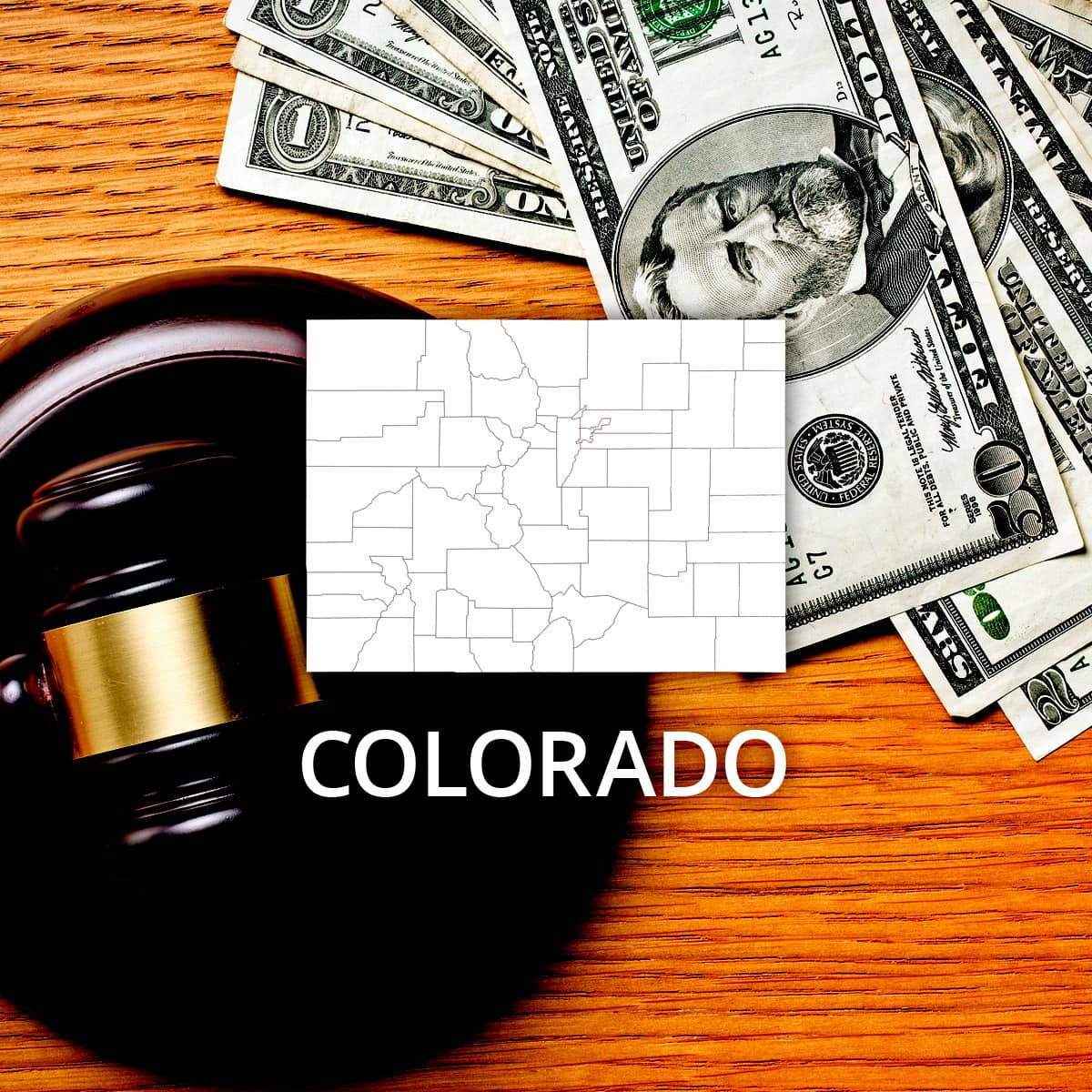 Multiple Bankruptcies: How Often You Can File One?
Multiple Bankruptcies: How Often You Can File One?
Table of Contents
 How to File Bankruptcy in Colorado
How to File Bankruptcy in Colorado
 The Bankruptcy Act of 2005 changed the terms of filing for bankruptcy in each of the states. For Colorado residents, bankruptcy can be petitioned in a district court in one of three court locations. The types of bankruptcy include Chapter 7, Chapter 11, Chapter 12 and Chapter 13.
The Bankruptcy Act of 2005 changed the terms of filing for bankruptcy in each of the states. For Colorado residents, bankruptcy can be petitioned in a district court in one of three court locations. The types of bankruptcy include Chapter 7, Chapter 11, Chapter 12 and Chapter 13.
 Colorado Bankruptcy Types: Chapter 7, Chapter 13 & Chapter 11
Colorado Bankruptcy Types: Chapter 7, Chapter 13 & Chapter 11
Filing Chapter 7 Bankruptcy in Colorado
For a petitioner to be cleared of unsecured debt and keep the assets allowed by the exemptions in their state, Chapter 7 may be the right choice. However, not everyone can file for Chapter 7, and not all debt is forgiven. Any non-dischargeable debts, such as student loans, back taxes and child support will remain the financial responsibility of the petitioner.
Colorado Bankruptcy Means Test
A means test determines the type of bankruptcy a debtor may file for. If the person's income or combined household income, is below the median for Colorado wage earners then they may be eligible for Chapter 7. If their income is above the median, Chapter 13 is the alternative option for these petitioners.
Colorado Bankruptcy Chapter 13 Details
Chapter 13 is a restructuring and minimizing of debt owed to creditors and typically is paid off within 3 to 5 years. The individual or couple filing for Chapter 13 will be able to retain their assets as long as payments are made according the court appointed schedule. With Chapter 7, the petitioner's assets are seized and liquidized by a trustee of the court to repay the debt owed.
Filing Chapter 11 Bankruptcy in Colorado
Chapter 11 is similar to Chapter 13; however, the petitioner in this case is a business instead of an individual. Chapter 11 bankruptcy allows a business to restructure their debts and secure a payment plan for a 3 to 5 year period of time while remaining open. Specific bankruptcy laws are found in Chapter 12 for family farmers or fishermen who require bankruptcy relief.
How Much Does It Cost to File Bankruptcy in Colorado?
The cost for filing Chapter 7 is $306 and can be waived in some cases. Individuals or married couples are charged $281 for Chapter 13 bankruptcy and this cannot be waived; however, payments in installments can be arranged.
 Colorado Bankruptcy Forms
Colorado Bankruptcy Forms
Official bankruptcy forms for the U.S. Bankruptcy Courts are available at https://www.uscourts.gov/forms/bankruptcy-forms or RecordsFinder.com Court Forms Section.
 What Are the Steps in Filing for Bankruptcy in Colorado?
What Are the Steps in Filing for Bankruptcy in Colorado?
- According to the Bankruptcy Act of 2005, each petitioner must undergo credit counseling before filing for bankruptcy; this is typically done within 6 months of filing and is the first step of the process.
- If an individual finds after the counseling that bankruptcy is still the right choice for their current situation, they will take a means test to determine if their income lies above or below the median for residents of Colorado. Those who earn below the median are eligible for Chapter 7 and Chapter 13, while those who earn above can only file Chapter 13.
- Next is the process of collecting documents for petitioning the court. These include, but are not limited to: an itemized list of all income sources, record of all major financial transactions over the last 2 years, living expenses, all secured and unsecured debts, tax returns for at least 2 years, a list of all assets and possessions, vehicle titles and loan documents. If filing for Chapter 13, a petitioner must also submit a debt repayment plan as well.
- It is up to the individual or business to choose to represent them or hire legal representation. An experienced attorney will be familiar with the terms, exemptions, and forms associated with bankruptcy, but it will fall as the petitioner's responsibility to compensate them for their assistance and representation.
 Colorado Bankruptcy Court Locations
Colorado Bankruptcy Court Locations
Colorado is unique because all of the counties of jurisdiction are served in any of the 3 District Courts of the state. Court hearings and filings may be held in Denver, Grand Junction, and Pueblo locations.




